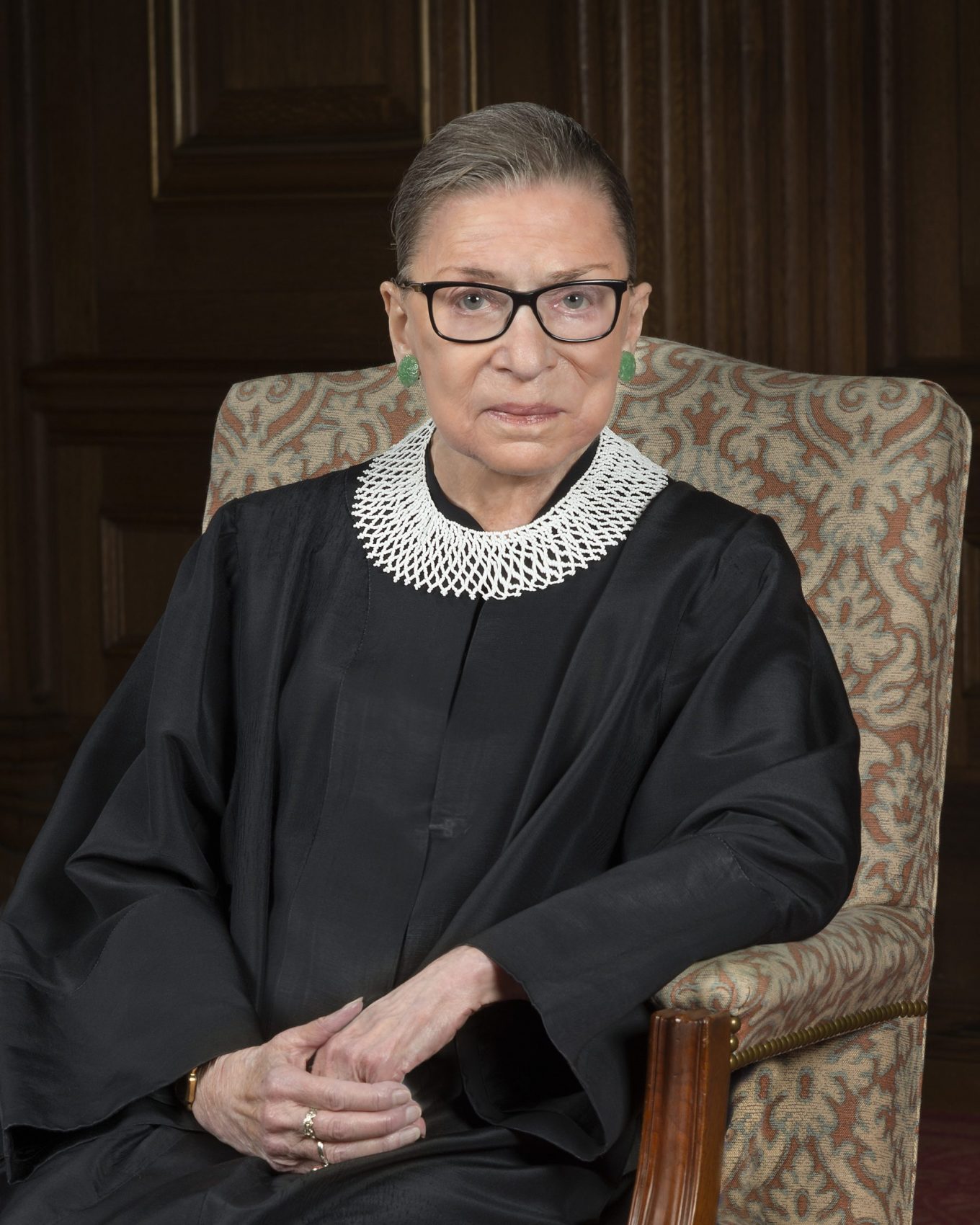
Supreme court justice Ruth Bader Ginsburg passed away on September 18th, 2020 from complications due to her fight with cancer. RBG became one of the most iconic figures to grace the Supreme Court of the United States. Serving from 1993-2020, she was a champion of equality, civil rights, and environmentalism.
Her rulings on environmental topics were instrumental in helping bring climate change to the forefront of national attention. Looking at some of her major environmental cases, we will look at how her role impacted environmental policy.
Friends of the Earth v. LAIDLAW (2000)
The issue: Does a suit for civil penalties under the Environmental Protection Act becomes moot when the defendant, after litigation has begun, come into compliance with its permit?
The outcome: The court ruled 7-2 in favor of allowing these suits to pass and hold polluters accountable for past pollution
This was a major case for upholding the power of the Environmental Protection Act. Ruth Bader Ginsburg wrote the court’s decision for this case stating,
“A defendant’s voluntary cessation of allegedly unlawful conduct ordinarily does not suffice to moot a case…Congress has found that civil penalties in the Clean Water Act cases do more than promote immediate compliance… they also deter future violations.”
– Ruth Bader Ginsburg
This made it so that polluters must be on top of their game and follow the Environmental Protection Act and permit guidelines to the T at all times of operation. A past mistake could not be remedied by simply fixing the solution, they must pay for their mistakes. In turn, this gives even more incentive to companies to comply with environmental regulations.
Massachusetts v. EPA (2007)
The issue: Does the EPA have the right to regulate CO2 emissions under the Clean Air Act?
The outcome: The Supreme Court ruled 5-4 that the EPA must regulate CO2 emissions from motor vehicles if they were seen as a danger to public health and welfare.
This case, while a narrow victory, was a major win for environmentalism as the court’s ruling said that the EPA does not have the ability to cite policy preferences as a reason to not regulate certain issues under their jurisdiction. Ruth Bader Ginsburg ruled in favor of Massachusetts and 11 other states petitioning the EPA. While this case seems like the logical outcome today, without RBG it is unclear if this outcome would have happened without her. Climate Change might seem like a cut and dry issue to many, but it is cases like this that determine legally if it is.
Rapanos v. United States (2006)
The Issue: This case revolved around the Clean Water Act that protects “waters of the United States” includes wetlands that usually empties into a tributary of traditional navigable waters?
The Outcome: The court ruled 5-4 in favor that wetlands are not considered traditional navigable waters and should only be for water that is “relatively permanent, standing or flowing bodies of water”
While this case did not side with environmentalists, Ruth Bader Ginsburg was on the dissent of the court’s opinion. She agreed that the Civil Corp of Engineers was right to classify certain wetlands as “waters of the United States” and should be protected. The main reason being that wetlands adjacent to navigable bodies of water should be protected to reduce the pollution in the nation’s waterways.

Ruth Bader Ginsburg fought long and hard for many issues, including the environment. With her passing, her seat lies waiting for the next justice. It does not seem likely at all that President Trump picks a candidate that has the same views on environmental protection as Ginsburg did. Her passion, love, and affection for not only all human beings but for the planet as well will be greatly missed.
I cannot tell you how to vote, nor should I for any reason. It must be known that climate change and science is being put under attack by the sitting President. This is something that should not be political, it’s science, it’s the facts. All I ask is that you vote because I believe that a vast majority of the US believes in climate change and science because it is logical. Do your part and make environmental issues a major reason to vote this fall.